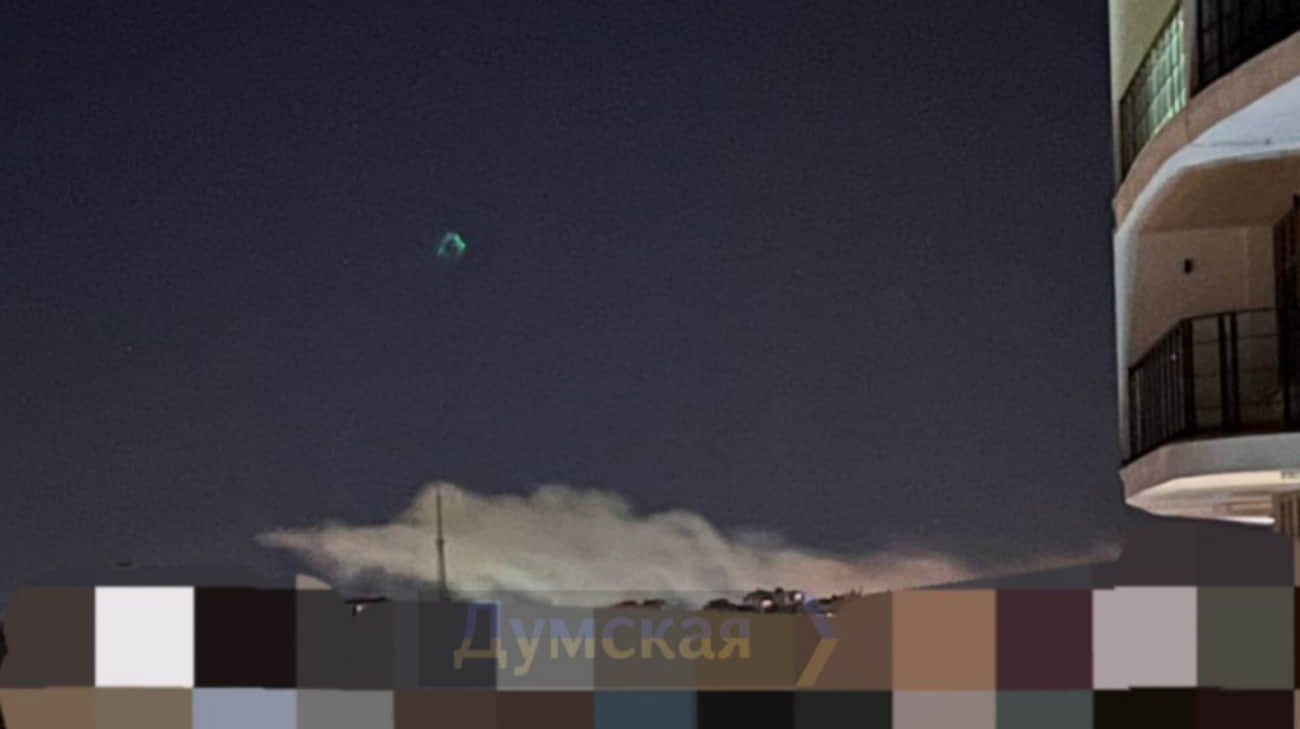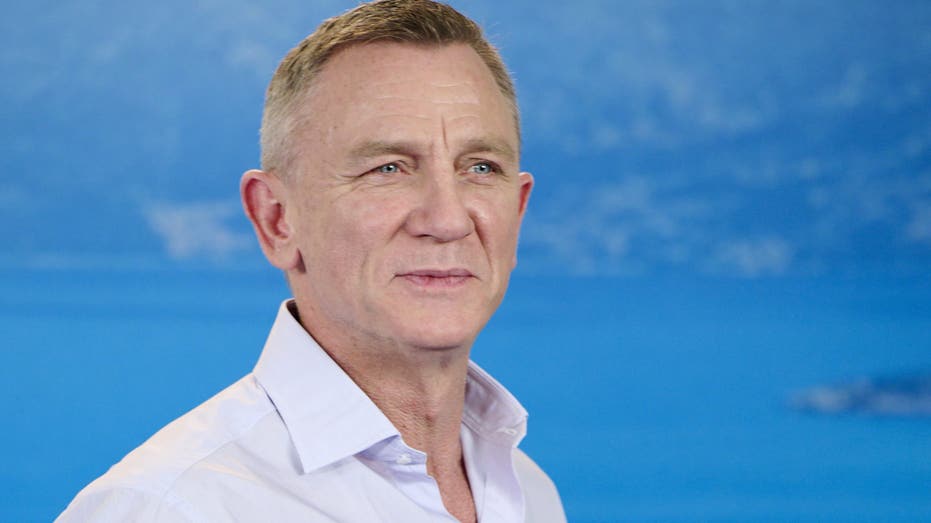What Ukraine really expects from Trump’s cabinet picks
Ukraine sees opportunity in Trump's seemingly contradictory cabinet picks: hawks in charge of foreign policy, while controversial anti-Ukraine nominees face Senate blockade.
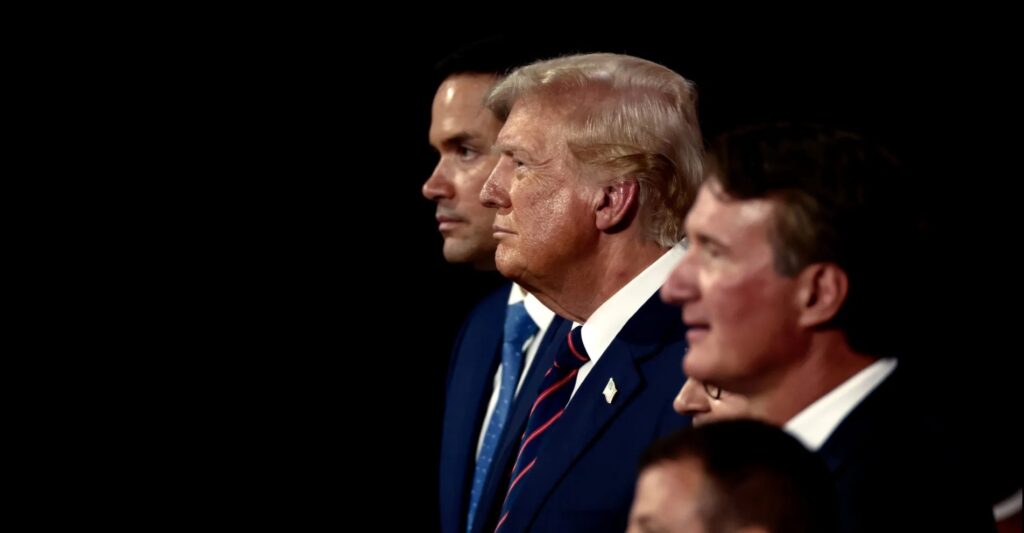

As US President-elect Donald Trump is gearing up to take office, his administration is taking shape at lightning speed, and its agenda is increasingly clear.
From Chief of Staff Susie Wiles and border czar Tom Homan to Secretary of State Marco Rubio and Attorney General Matt Gaetz, Trump’s team is now almost fully staffed and awaiting the Senate’s confirmation.
While some picks are more controversial than others, the general trajectory has been defined, which spells mixed news for Ukraine and its allies.
Shelving the “Killing Ukraine softly” US strategy
The initial reaction to most of Trump’s appointments from Ukrainian and foreign media outlets was mixed. There was a heavy emphasis on Waltz, Rubio, and Stefanik’s negative voting record on Ukraine aid, specifically the bill approved in April 2024.
But the reality is more nuanced than that. Some Ukrainian experts, like Alyona Hetmanchuk, acknowledged that a potential Kamala Harris administration would simply continue the current policy of what she coined as “Killing Ukrainians Softly,” a pun on the 1970s hit “Killing Me Softly with His Song.”
The premise of this strategy is that Ukraine will be unable to win while not allowing it to surrender either—up to the point when Kyiv, not Washington D.C., will ask for the peace negotiations to start, thus reducing the reputation-associated losses for the US.
Trump takes a different approach. For him, Ukraine-related matters were never a top priority and never will be, and he does not shy away from making it clear. His dealings with Kyiv have always been transactional, much like his vision of foreign policy in general, a notion that is well-recognized in Zelenskyy’s office that had prepared for Trump’s victory well in advance and is generally supportive of the peace push given the deteriorating situation at the front, according to an Office’s source who wished to remain anonymous due to the sensitivity of the subject.
Accordingly, all his appointments must be viewed through the lens of not who will be Ukraine’s cheerleaders (there will be none) but who will be useful to Ukraine in the looming peace talks and will understand the nature of the Russian threat better than the others.
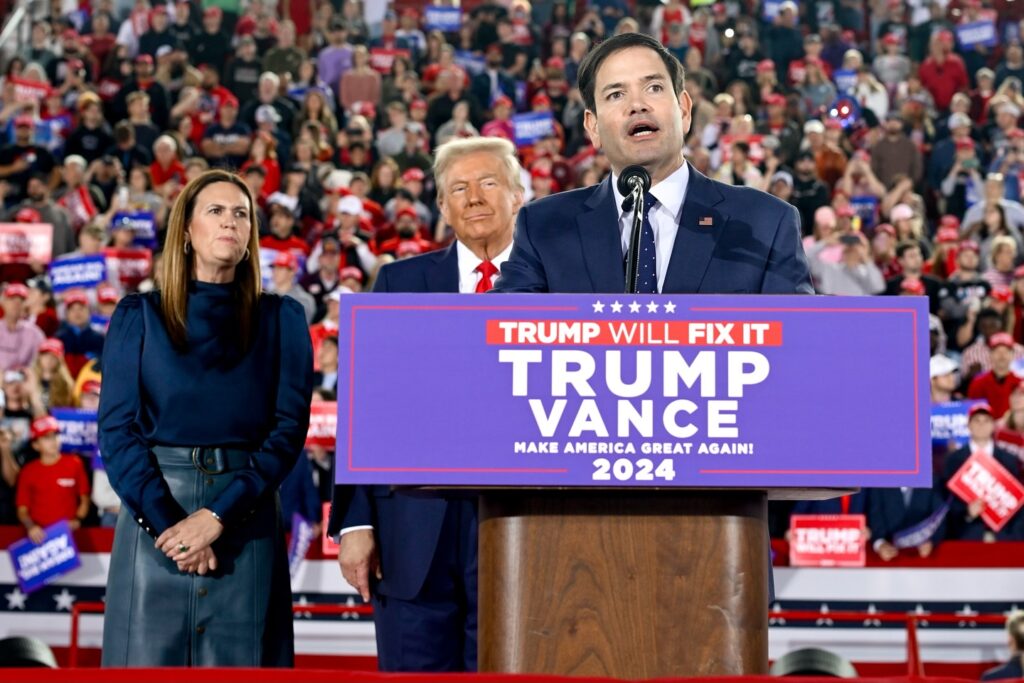
This is why the nominations of Mike Waltz, Marco Rubio, Elise Stefanik, and John Ratcliffe spell outright good news for Ukraine. This is even more so since it was rumored that Trump would consider Ukraine-skeptic commentator Tucker Carlson for the State of Secretary position and hardcore MAGAist Kash Patel for the CIA chief, a position that was filled by Trump’s loyalist and China hawk Ratcliffe.
Trump’s invites hawks
Established hawks Waltz, Rubio, and Stefanik are largely considered to support Ukraine. Stefanik dubbed the invasion “Putin’s genocide” in 2022. Waltz has advocated strong Russia sanctions for leverage in talks. Rubio recognized the Russian threat early – after Obama’s weak response to Russia’s 2014 annexation of Crimea and invasion of Donetsk and Luhansk Oblasts, he warned: “If we treat our allies like that, should we really be surprised that they want to develop their own nuclear weapons?”
Pushed to explain why the three did not vote for the Ukraine aid bill in April, several unrelated Capitol Hill sources who wished to remain unnamed pointed out that this is due to primaries that took place concurrently. None wanted to take an “unnecessary risk” that could also poorly resonate with their constituents in an environment where the bipartisan deal had already been sealed behind closed doors.

One insider even compared Waltz to a Jaguar (high-end British car) versus Jake Sullivan – Harris’s potential Secretary of State, as per the source – as a Lada (cheap Russian car).
But while these picks are good news for Ukraine, they also indicate that Trump’s administration clearly considers China containment as its key priority in the next four years as Rubio in particular is an outspoken critic of Beijing. To such an extent that China sanctioned him in 2020 for introducing measures against senior Chinese officials over their alleged human rights abuses of ethnic minorities, particularly the Uyghurs.
This is confirmed by a Washington D.C.-based researcher who said off-record that the current American priorities are in the following order: domestic, Asia, Europe, and the Middle East. He added, “I can easily convince a room of politicians to care about Ukraine until they go to another one.”
Asked to clarify what makes American politicians care about Ukraine, he added, “Oh, anything, it could be the most trivial things. It’s just their attention span is minimal.”
The prospective Secretary of Defense, Pete Hegseth, who is set to replace Lloyd Austin, is a wild card. While many have highlighted the fact that he’s a Trump-loving Fox News presenter, he’s also an experienced army veteran whose achievements have been recognized even by anti-Trump Republicans like Adam Kinzinger.
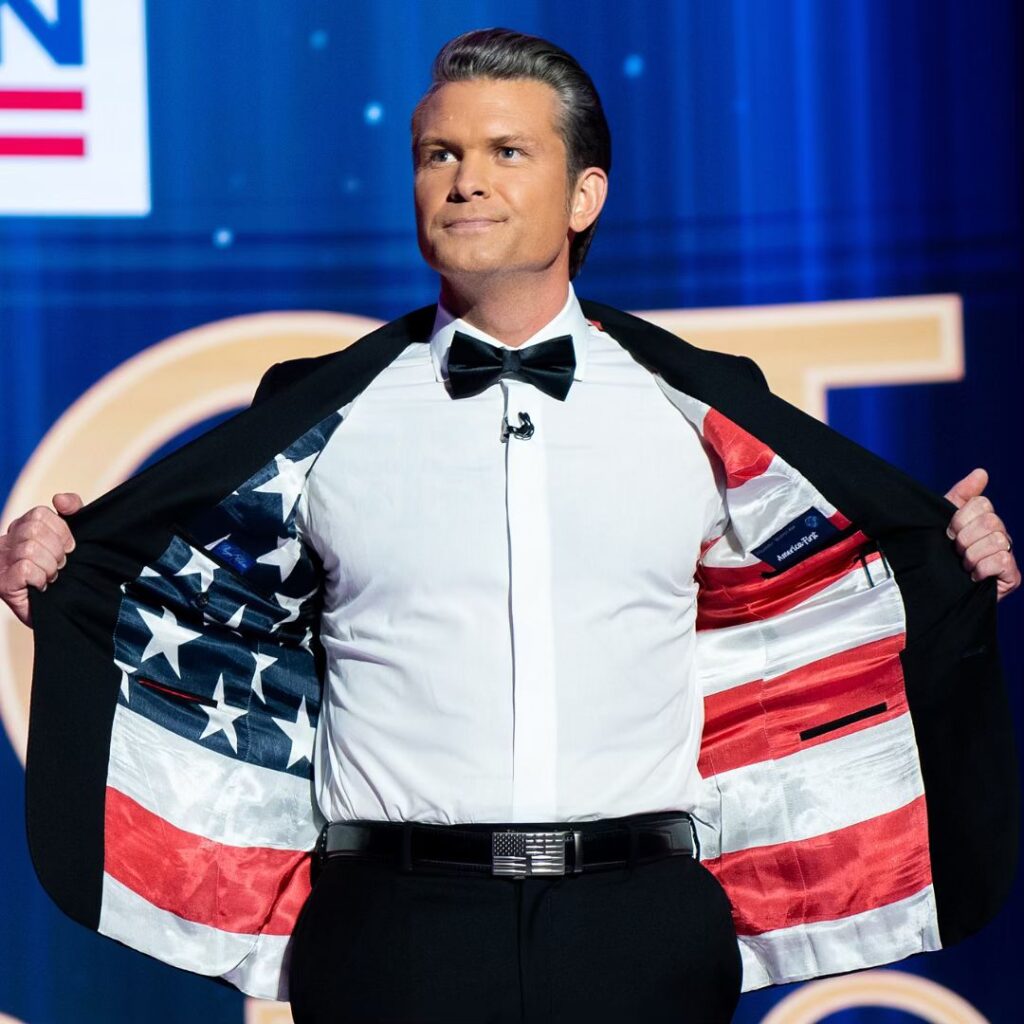
His views are more pro-Ukraine than otherwise, though he did downplay the notion of Russia’s overt desire to invade the Baltic States and made several controversial statements about the streets of America being more dangerous than Putin’s invasion, and might face troubles during his confirmation in the Senate due to allegations of sexual assault.
Trump to test the Senate
Among Trump’s picks, Tulsi Gabbard for Director of National Intelligence and Matt Gaetz for Attorney General raise the most concerns for Ukraine. Both raised eyebrows in Washington, D.C., due to their lack of experience, general conduct, and contentious statements.
Gabbard has consistently echoed Russian narratives about Ukraine, from biolabs conspiracies to NATO “expansion” claims. Russian state TV host Vladimir Solovyov called her once as “our girlfriend.” How many of those narratives come from ignorance and how many from malign intent is unclear, especially given that in one of her videos, Hawaiian-born Gabbard addressed Zelenskyy and Putin to end the war “in the spirit of aloha.”
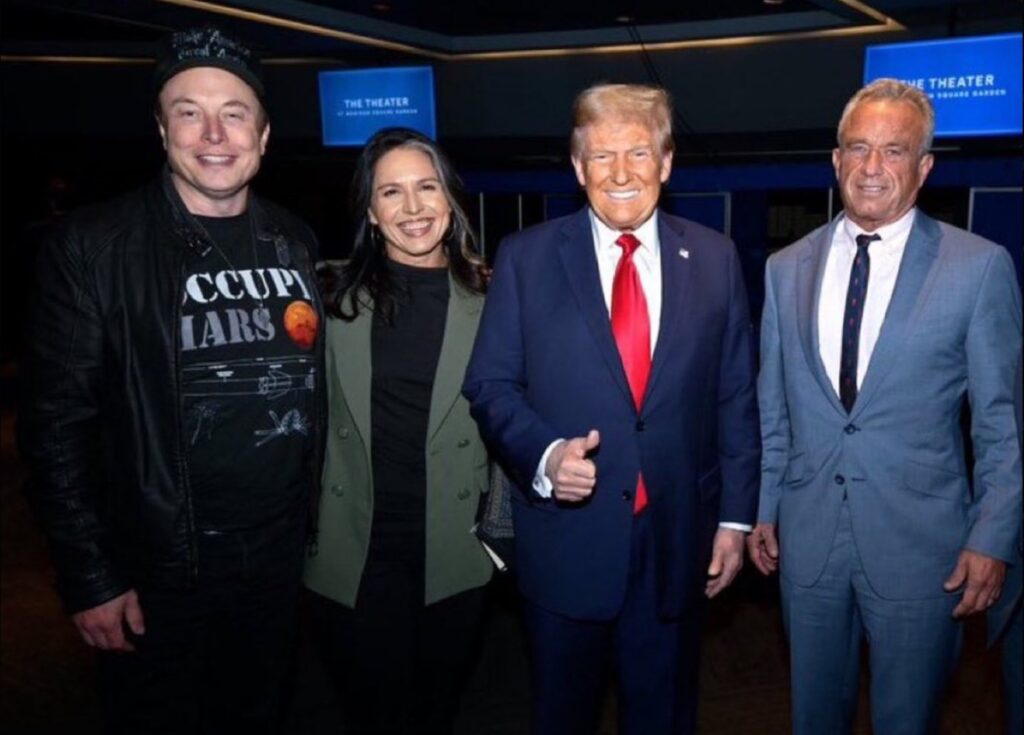
The reaction to Gaetz’s nomination caused the heaviest backlash in both the US and abroad. A highly divisive figure who is also under scrutiny by the House Ethics Committee for his alleged sex with a 17 years-old and illicit drug use, Gaetz is a zealous opposer of aid to Ukraine and even made a quizzical suggestion that Russia be accepted into NATO to counter China’s influence.
Their nominations puzzle many, as Senate confirmation looks unlikely. Republican Senate Majority Leader John Thune and power broker Mitch McConnell – who considers Russia part of an “axis of evil” with China, North Korea, and Iran – have signaled opposition. Former House Speaker Kevin McCarthy was even blunter: “Everyone knows Gaetz won’t pass the Senate.”
Two theories may explain these controversial picks: either Trump is rewarding his most devoted supporters despite their slim confirmation chances, or he’s testing his influence in the Republican trifecta, in which the GOP controls both chambers of Congress and the White House.
Cabinet picks aside, Trump will lead Ukraine talks
Regardless of his intentions, the good news for Ukraine is that neither Gabbard nor Gaetz would be directly involved in the looming peace talks or foreign policy matters. This will be reserved foremost for Trump, Waltz, Rubio, the special envoy for peace talks in Ukraine, and the US Ambassador to Ukraine. Some believe this could be Bush-era diplomat John E. Herbst, who served in Ukraine between 2003 and 2006.
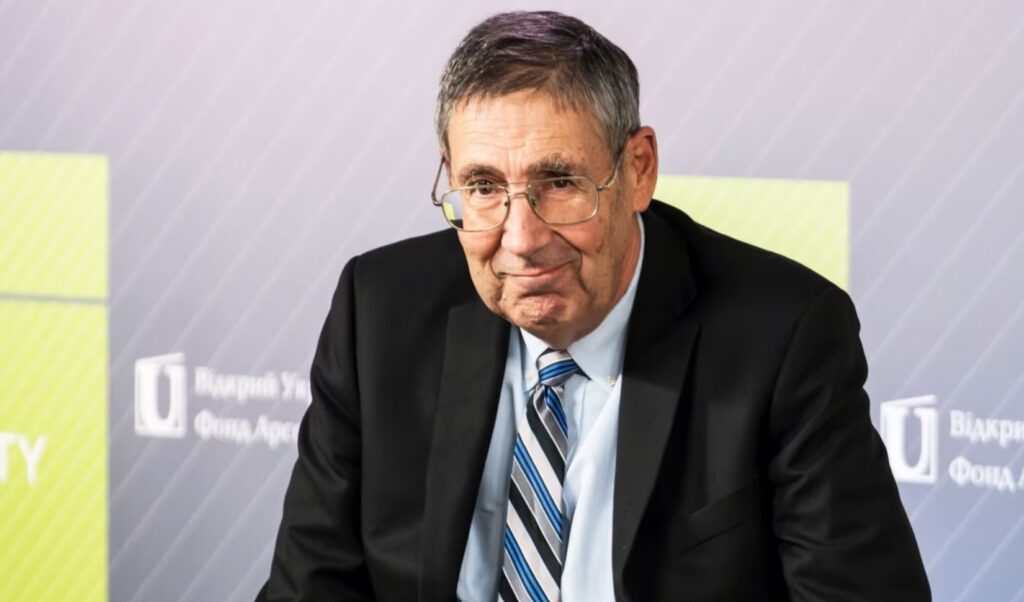
The name of Russia-born Boris Epstein has been circulating in the media as a potential envoy for the peace talks, a position once held by Kurt Volker. He allegedly volunteered for the position, arguing that he has relatives in both Russia and Ukraine.
No appointments have been finalized yet.
However, none of these positions are expected to play a definitive role as all peace talk-related decisions are poised to be taken singlehandedly by Trump. People influencing him vary – but it is also a misconception that he exclusively communicates with his clique, including figures like Elon Musk.
According to our sources, since spring, the representatives of the Baltic States have recurrently visited him in Mar-a-lago. Poland is also actively engaging in behind-the-scenes talks as it views the peace negotiations as critical to its security.
Sources from Zelenskyy’s office also emphasized Trump’s interest in the Ukrainian President’s Victory Plan, particularly proposals to replace US troops in Europe with Ukrainian forces and secure American access to Ukraine’s rare materials.
But above all, Kyiv believes that the best strategy for now is to simply let Trump experience firsthand what it’s like to strike deals with Russia.
“Trump and Putin both have this personality of being the gospel truth. We’ll just wait for Putin to break any potential agreements that could be reached. We don’t expect Trump to take that lightly,” said one source from Kyiv, adding that Ukraine is focused on the security guarantees aspect should the peace deal be pushed through.
Trump’s pro-Israel picks are a hidden win for Ukraine
While Europe and Ukraine are not at the top of the list in Trump’s foreign policy agenda, Israel and the Middle East are slated to play a more significant role.
This is evident from his administration picks, all of which are strong pro-Israel advocates, and stems from his 2016-2020 tenure, during which he and his son-in-law and senior advisor Jared Kushner facilitated the Abraham Accords, which paved the way for the normalization between Israel, the United Arab Emirates, and Bahrain.
They are regarded as a foreign policy success that served as a gateway for the Israeli-Saudi Arabia rapprochement that was interrupted following Hamas’s incursion into Israel on 7 October 2023 and subsequent Israel’s retaliation in Gaza and, most recently, in Lebanon.
For Ukraine, this serves as an opportunity as Jerusalem and Kyiv are facing the same “axis of evil,” which encompasses Russia, Iran, China, and North Korea. This alignment of threats has implications beyond just Ukraine and Israel – it’s forcing a broader recalibration of Western security arrangements, particularly in Europe.
A recent statement by Israel’s envoy to Ukraine, Michael Brodsky, that “Zelenskyy is welcome to visit Israel any time” could be an opportunity for Ukraine to bond ties with the US key ally in the Middle East, emphasize the role of Iran in the Russo-Ukraine war, and even request the Israeli-captured Russian weapons that Israel “doesn’t need that much.”
As well as to flesh out to Rubio, Waltz, and Trump that these wars are deeply interconnected given that Russia and Iran supply weapons to both Hamas and Hezbollah with the blessing of China, America’s number one adversary henceforth.
Trump’s Ukraine bill comes to Europe
Trump’s first term already established that the US wouldn’t shoulder NATO’s financial burden alone. While former NATO chief Jens Stoltenberg managed this tension skillfully, European leaders’ promises of military autonomy remained largely hollow – evidenced by Germany only reaching its 2% GDP NATO commitment in 2024, two years into Russia’s full-scale invasion.
This time, it doesn’t look like it has a choice.
Trump’s sharpened anti-European rhetoric resonates with many Americans, even Ukraine supporters, who are frustrated by Europe’s reluctance to take financial responsibility for a conflict on its doorstep. “Keep in mind that we have the Atlantic Ocean that separates us from you, guys,” one Ukraine-sympathetic MAGA veteran told me in early 2024.
The stakes are clear: Trump’s peace plan would require Europe to shoulder significant costs for peacekeeping and maintenance – a true test of its commitment to Ukraine beyond rhetoric.
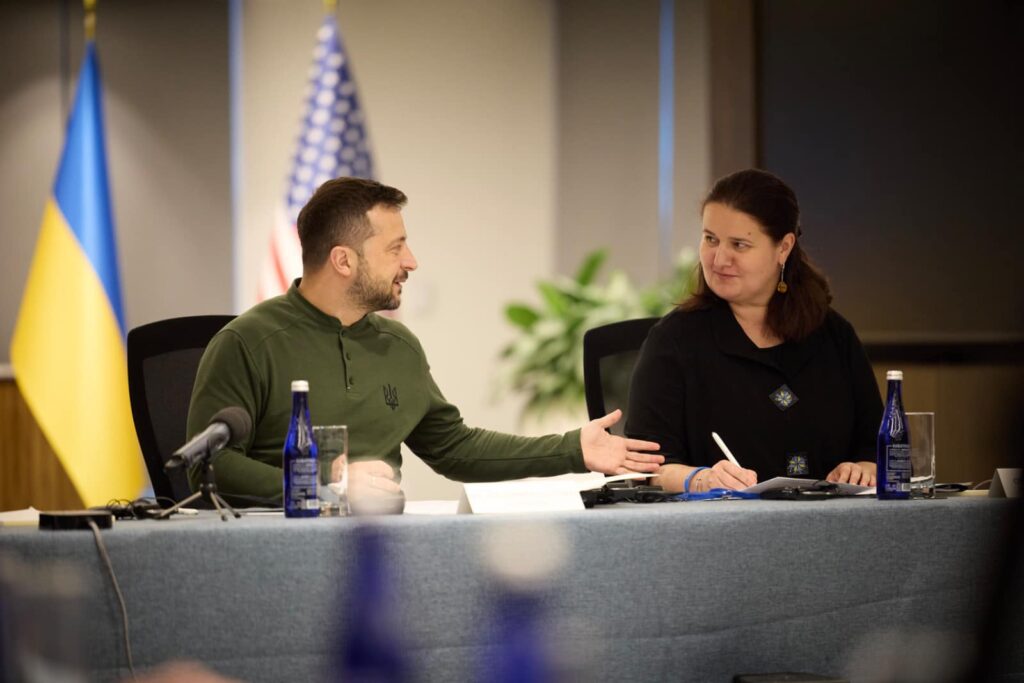
For Ukraine, this means adapting on multiple fronts: preparing for an Israeli-style defense model rather than NATO membership, shifting messaging from Democrat to MAGA-friendly narratives, and replacing Ambassador Oksana Markarova, who’s seen as too close to Democrats. According to our sources in Zelenskyy’s Office, the list of potential candidates has already been prepared, and rotation is expected soon.
When asked how the administration feels about Trump’s comeback in general, the answer was succinct: “Totally okay.”
Read more:
- Why Trump’s path to beating China runs through Kyiv
- Ukraine builds a bridge to Trumpland
- Biden was “killing Ukraine softly.” Trump won’t wait
- EXCLUSIVE: Ukraine to replace US ambassador Markarova amid Trump victory, sources say
- NYT: Trump’s key aide with Russia-Ukraine relatives volunteers as peace envoy
- EXCLUSIVE: Trump сonsiders Bush-era diplomat for Ukraine envoy as peace push looms
- The West must help Israel and Ukraine defeat evil, says Likud’s Chairman of the Liberals Weitmann

